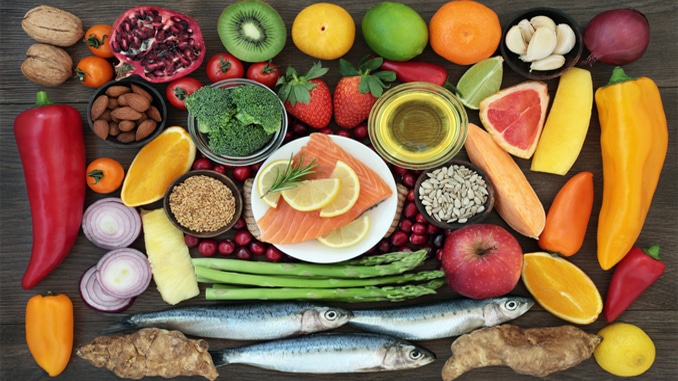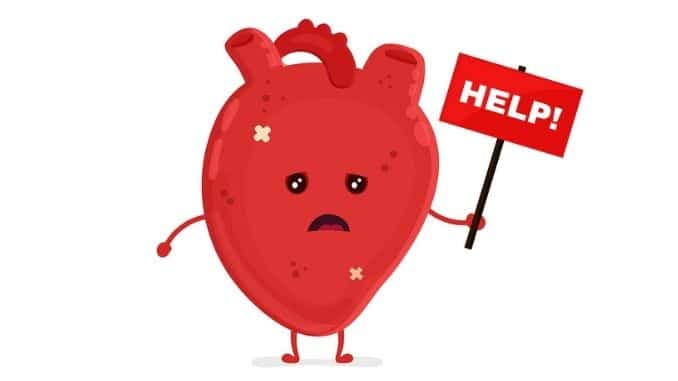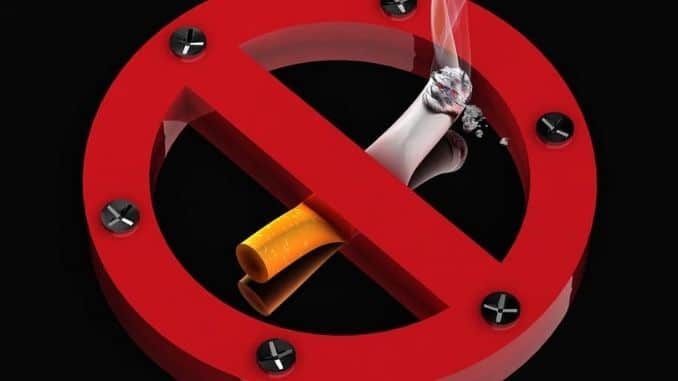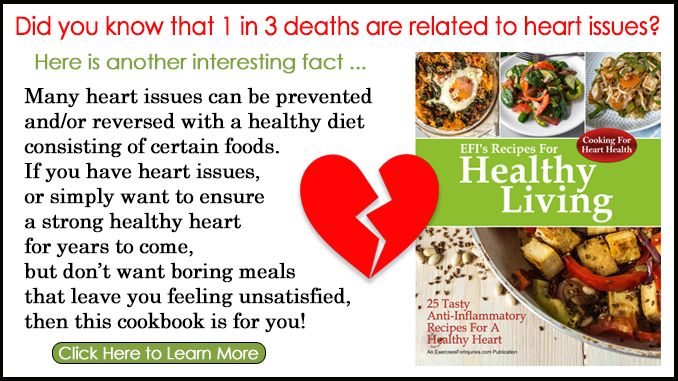
High blood cholesterol, also called hypercholesterolemia, is a condition that affects many people across the world. According to the World Health Organization’s Global Health Observatory, nearly 40 percent of the world’s adult population has high blood cholesterol.
What Is Cholesterol?
Cholesterol is a fatty, waxy substance that our bodies need to function properly. Babies are born with cholesterol and continue to get more from their mother’s milk. Cholesterol is present in all of the cells in the human body.
We need cholesterol to synthesize hormones, digest food and make vitamin D within the body | 404. While cholesterol is present in some of the foods we eat, your body does not need cholesterol from the diet. The body will produce all of the cholesterol it needs.
Which Foods Are High in Cholesterol?
Cholesterol is present in foods source from animals. Meats, dairy products, shrimp and eggs are high in cholesterol. Vegetables, fruits, nuts, seeds, and plant-based foods do not contain any cholesterol.
What Is High Blood Cholesterol?
The United States National Heart Lung and Blood Institute (NHLBI) defines high blood cholesterol as, “a condition that causes the levels of certain bad fats, or lipids, to be too high in the blood. This condition is usually cause by lifestyle factors, such as diet, in combination with the genes that you inherit from your parents. Less commonly, it is caused by other medical conditions or some medications.”
If you have high blood cholesterol, other substances in the blood can combine with the cholesterol and form plaque, but there are natural ways to prevent and treat high cholesterol.
The plaque coats the wall of your arteries and can cause coronary artery disease. The plaque buildup is called atherosclerosis. It can cause a narrowing of the arteries or a complete blockage.
What Is the Difference Between Bad Cholesterol and Good Cholesterol?
There are three types of cholesterol. One type is beneficial for the body, and the other two are bad for the body:
- HDL cholesterol: HDL is the abbreviation for high-density lipoprotein. HDL is the good cholesterol. HDL cholesterol carries cholesterol from all over the body to your liver. The cholesterol is then remove from the body by the liver.
- LDL cholesterol: LDL is the abbreviation for low-density lipoprotein. LDL is the bad cholesterol. LDL cholesterol causes plaque buildup in your arteries.
- VLDL cholesterol: VLDL is the abbreviation for very low-density lipoprotein. VLDL also contributes to plaque buildup in the arteries. However, while LDL carries cholesterol through the body, VLDL carries triglycerides.

What Causes High Cholesterol?
For the most part, high cholesterol is cause by an unhealthy lifestyle. Often, poor eating habits lead to high cholesterol. Saturated fats from meat, dairy, and fried foods can raise the body’s LDL (bad) cholesterol and cause plaque buildup in the arteries. Also, hydrogenated oil or trans-fat can raise your LDL cholesterol.
Another cause of high cholesterol is a sedentary lifestyle. A lack of exercise can lower your body’s HDL (good) cholesterol. The Mayo Clinic reported that excessive sitting leads to increased LDL cholesterol, but there are natural ways to prevent and treat high cholesterol.
Smoking also lowers the body’s good cholesterol, particularly in women. It also raises the bad cholesterol.
Genetics can also play a role in high cholesterol. If your parents or siblings have high cholesterol, you are at a greater risk of developing it as well. Similarly, certain medical conditions, such as diabetes, thyroid problems, liver disease, and polycystic ovarian syndrome can cause elevated cholesterol levels.
Certain medications can cause high blood cholesterol as well. Anabolic steroids, corticosteroids, and progestins are some of the medications responsible for increasing cholesterol.
Ways to Prevent High Cholesterol Naturally
There are things you can do naturally to prevent the onset of high cholesterol. Here is a list of ways you can prevent elevated cholesterol.
1. Observe Meatless Mondays
Eating meat at every meal is a fantastic way to raise your blood cholesterol. Consider eliminating meat just once a week at first. Then, bump it up to twice or three times a week. If you can cut back on meat, you will lower your chances of developing high cholesterol.
2. Stay Away From Saturated Fats and Trans Fats
Fatty meats like pork, liver and certain cuts of beef are full of saturated fat. Full-fat dairy is also high in saturated fat. Limit your intake of these foods.
Trans fats, also known as hydrogenated oils, are found in foods like vegetable shortening, packaged snack foods, nd fast foods. Trans fats can cause an increase in your blood cholesterol levels. Take measures to eliminate trans fats from your diet fully.
3. Don’t Smoke

Researchers have found that smoking cigarettes can raise your cholesterol. There is a chemical in cigarettes called acrolein. Acrolein enters the bloodstream through the lungs and negatively affects the body’s metabolism of cholesterol. This toxin, that’s also used in pesticides, causes an elevation in blood cholesterol.
4. Stay Within a Few Pounds of Your Ideal Body Weight
Being overweight or obese can lead to high cholesterol. Avoid becoming overweight to lessen your chances of high cholesterol. According to the Mayo Clinic, men are at risk for high cholesterol if their waistline is larger than 40 inches. Women are at risk if their waistline is larger than 35 inches, but incorporating natural ways to prevent and treat high cholesterol can help improve overall health.
5. Exercise
Just getting out and moving around is one of the best ways to make sure you don’t develop high cholesterol. The way exercise improves cholesterol levels is by raising the HDL (good) cholesterol in your body. Exercise 30 minutes at least five days a week or participate in more strenuous workouts for 20 to 30 minutes three times a week to prevent high cholesterol.
6. Eat a Diet High in Soluble Fiber
Brussels sprouts, apples, oatmeal, and beans are all high in soluble fiber. Researchers at the Mayo Clinic have found that soluble fiber reduces the absorption of cholesterol in your bloodstream.
Best Ways to Treat High Cholesterol Without Medication
If you’ve already been diagnosed with high cholesterol, there are natural ways you can treat it. Here’s a list of ways to naturally lower your cholesterol.
1. Lose Weight
Experts at Penn Medicine found that reducing your body weight by just 5 to 10 percent can reduce your blood cholesterol levels significantly. Lowering your daily caloric intake by 500 will result in one pound of weight reduction each week. For many people, ditching soft drinks and sweetened coffee can result in notable weight loss. Others might find success by giving up bread for a while to lose a bit of weight.
2. Drink Green Tea

Green tea contains certain polyphenols called catechins, which are known for their potential in natural ways to prevent and treat high cholesterol. The catechin called epigallocatechin gallate, or EGCG, is a potent antioxidant that has been shown to lower LDL (bad) cholesterol levels. As a bonus, it also prevents cancer cell growth and the formation of blood clots.
The biggest benefit is shown when people drink at least three cups of green tea per day. However, if green tea isn’t your thing, you can also buy green tea extract in supplement form to get similar results.
3. Take Magnesium Supplements
In the book, “Magnesium Miracle,” author Carolyn Dean wrote about how magnesium supplementation works similarly to statin drugs to help lower cholesterol in the body. In multiple studies, magnesium was shown to significantly lower blood cholesterol.
Statin medications, which are commonly prescribed to lower cholesterol, have ugly side effects like memory loss, neuropathy and high blood sugar. Magnesium is an excellent natural alternative that benefits the body in many ways, including natural ways to prevent and treat high cholesterol.
4. Get a Cat

Dr. Jacob Teitelbaum wrote an interesting story for Psychology Today about cats preventing heart disease. He referenced a study out of Canada of nearly 4,500 adults between the ages of 30 and 75. Of the participants, the cat owners had a 40 percent lower chance of developing heart disease than the non-cat owners.
Teitelbaum added that statin medications lower the risk of heart disease by only 29 percent. Researchers aren’t exactly sure why cats can reduce your cholesterol better than medication. However, there are plenty of sweet little cholesterol-lowering furballs at your local shelter ready to be adopted today.
5. Eat Blueberries
A 2013 double-blind study in The American Journal of Clinical Nutrition found that eating blueberries can reduce your cholesterol and improve vascular function, especially in men. The high antioxidant levels in blueberries may be the reason why they help.
6. Eat Apples Every Day
In 2011, Florida State University researchers put out a study that found eating two apples each day reduced bad cholesterol levels by 23 percent in six months. Also, good cholesterol levels were elevated by 4 percent during the study.
What’s more? The study participants lost more than three pounds a week while they ate two apples a day. Consider picking up a bag of organic apples this week and eat them every day to lower your cholesterol.
Manage Your High Cholesterol
Whether you are at risk for high cholesterol or you’ve already been diagnosed, there are ways to manage your cholesterol levels without dangerous medications. Talk with your doctor about using some of these natural remedies to get your cholesterol under control.
Our diet is absolutely essential for our health. Make sure to check out Cooking for Heart Health, here!

